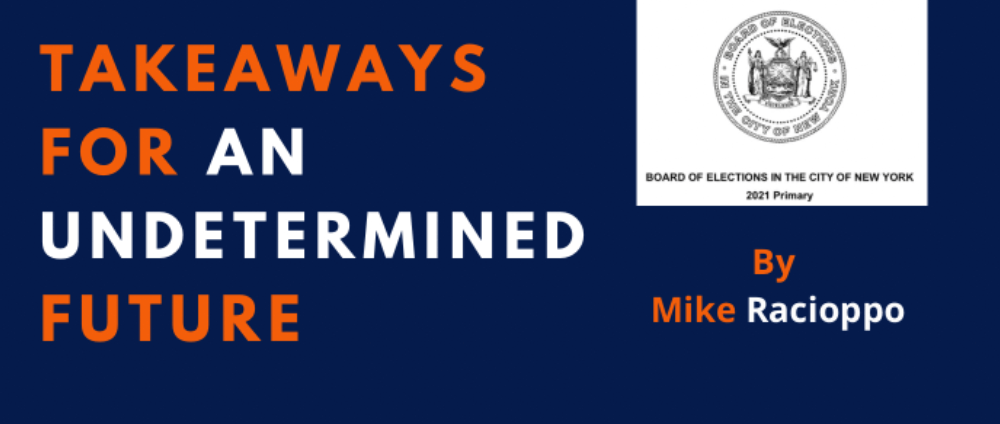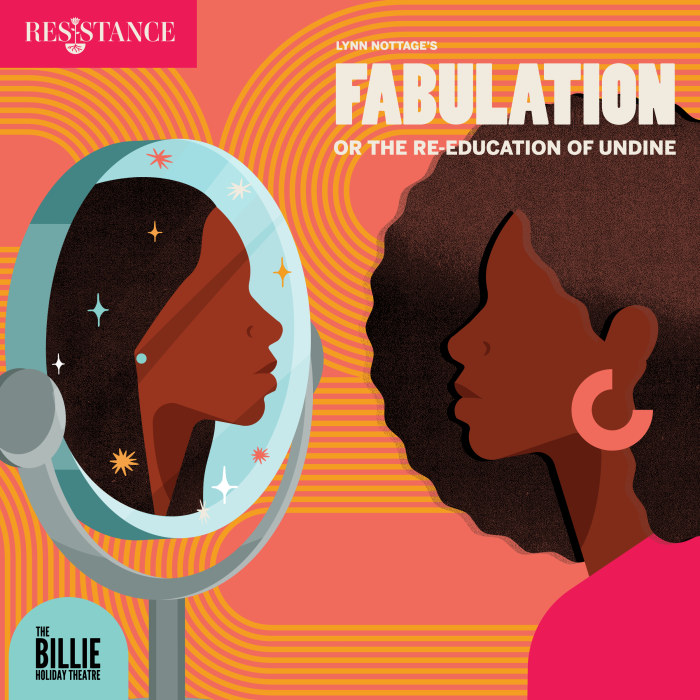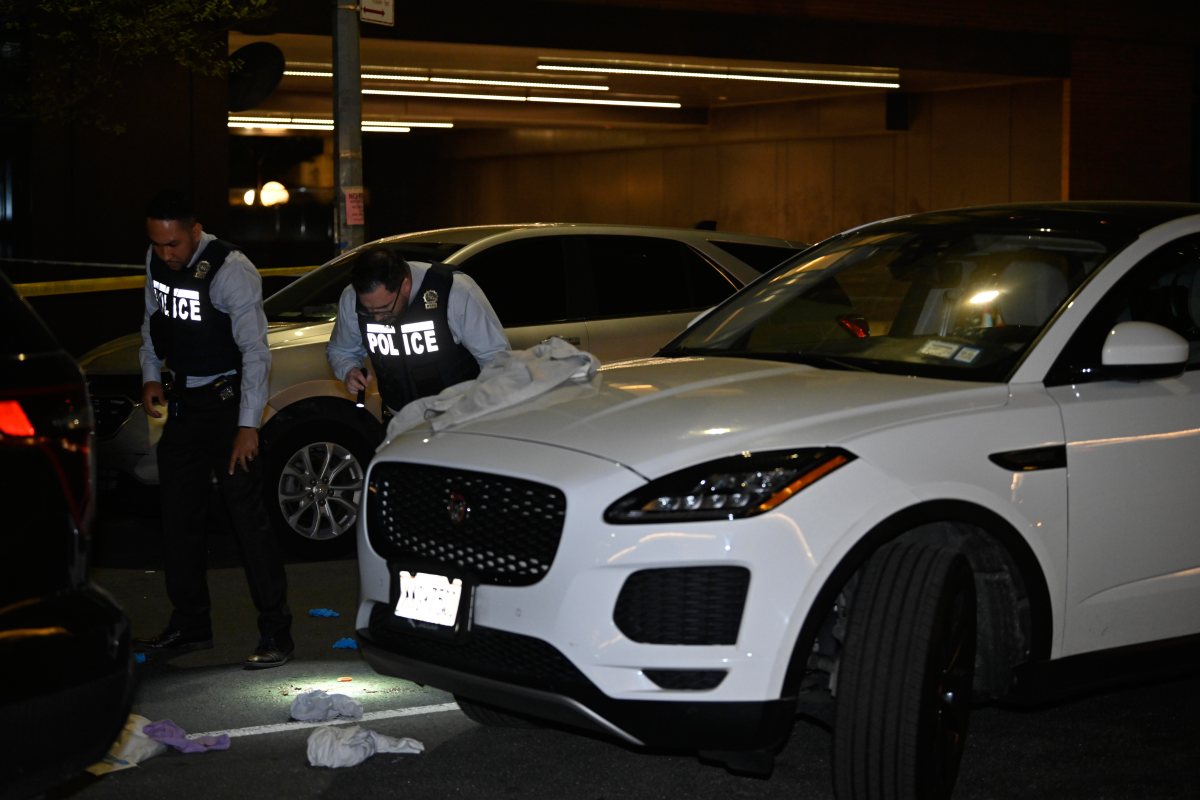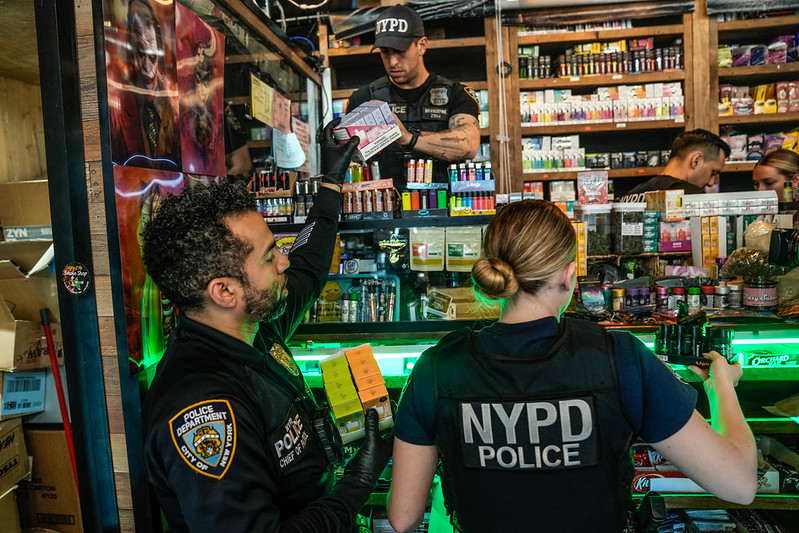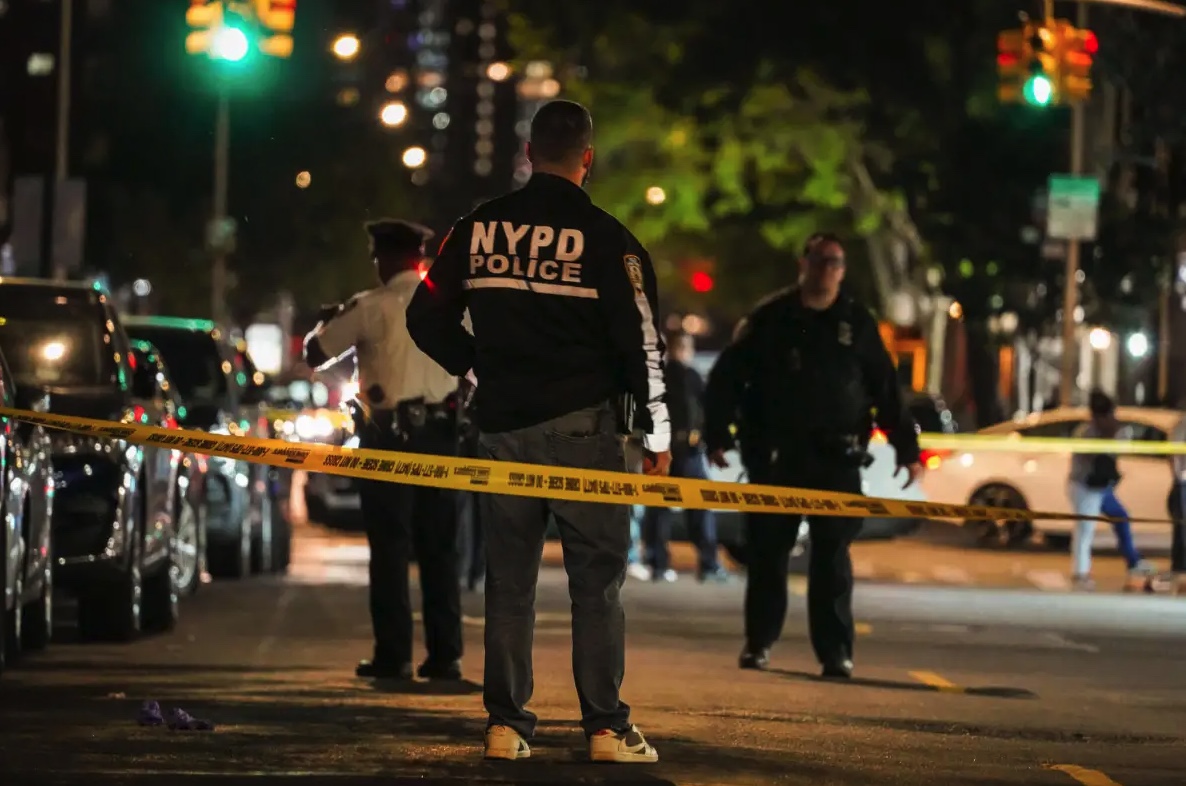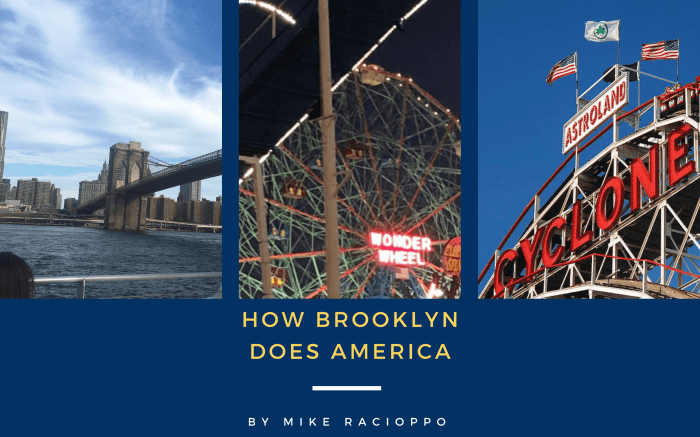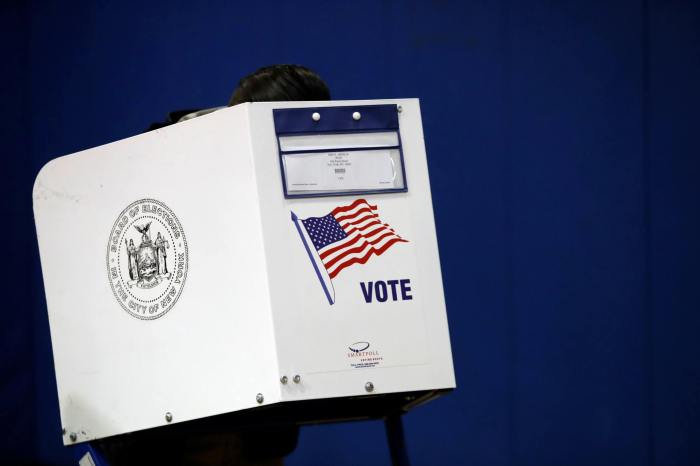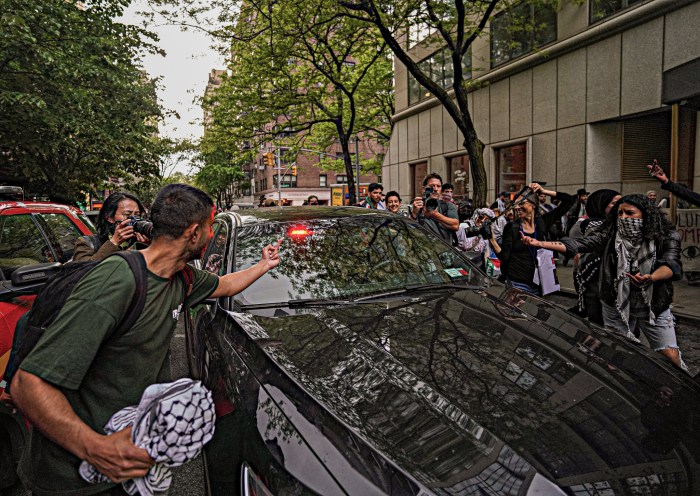Two weeks ago, when discussing the election, I asked So, first, what do we know? Where do we stand? What does it mean?
The next few years will determine, in terms of the material conditions of our city and people, what the 2021 election will mean. However, understanding what has happened and is currently occurring can help guide our future, so here are five opinions about the 2021 election.
1. The 2021 election has surely made Brooklyn into even more of a political powerhouse. Brooklyn is already home to the current and (likely incoming) Mayor, U.S. Senate Majority Leader, the State Attorney General, Chairman of the House Democratic Caucus, the Public Advocate, and, come January 1st, the Comptroller.
2. This was not the decisive election victory that the “left” had hoped for. By left, I mean a conglomeration of DSA/WFP candidates. That isn’t to say they didn’t win plenty of elections, but due to the enumeration of powers in our city charter, much is exclusively in the hands of the Mayor. Indeed outside of budgeting, not even revenue, land use veto power in the Council, and some fiscal oversight from the Comptroller, there is very little binding power that isn’t really up to the Mayor. This is especially problematic for “the left” if a Mayor was elected with the votes of a more moderate constituency.
3. Our likely Mayor to-be, Eric Adams, doesn’t owe much of anything to a group that opposed his election. That isn’t to say there aren’t areas of common concern to be built upon, but it won’t happen out of a sense of obligation. The left has to organize and focus even harder to push Adams beyond his comfort zone in governance. As someone who gets paid as an administrator for an official advisory body, I know that influencing discourse and framing is, especially important part of the process if you’re trying to change the way something plays out.
4. Nobody, especially national pundits who hadn’t heard of Eric Adams or Kathryn Garcia before last month, should take this to mean anything about national political trends. I say that because it’s a primary in an incredibly diverse city in which the final results came down to 8 thousand votes/ a 1percent difference. So if you think this is something determinative for the Iowa caucuses, please take a breath and think it through.
5. Despite the continued scary hackery at the Board of Elections, Ranked Choice Voting played out fairly well in homogenizing the field. I say that as someone who openly supported Kathryn Garcia, who was helped by allying with a failing candidate. I embrace the fact that in a functioning democracy, you don’t always get who you want when you want.
I hope these facts add up to a better-governed city and one that can look out for all our residents regardless of zip code. I’ve had some good conversations with Eric Adams in the recent past. He’s got some great policy goals that those who didn’t support him should work to help implement. For example, I don’t care who the Mayor is; reducing gun violence, expanding universal 3 k, implementing congestion pricing, 300 new miles of protected bike lanes, and 150 new miles of bus lanes and busways will all be good for the city. The same goes for using every lever possible to create affordable housing in a decidedly unaffordable city for far too many people.
If Mayor Adams accomplishes these goals, I’ll be excited to vote for him in 2025.


